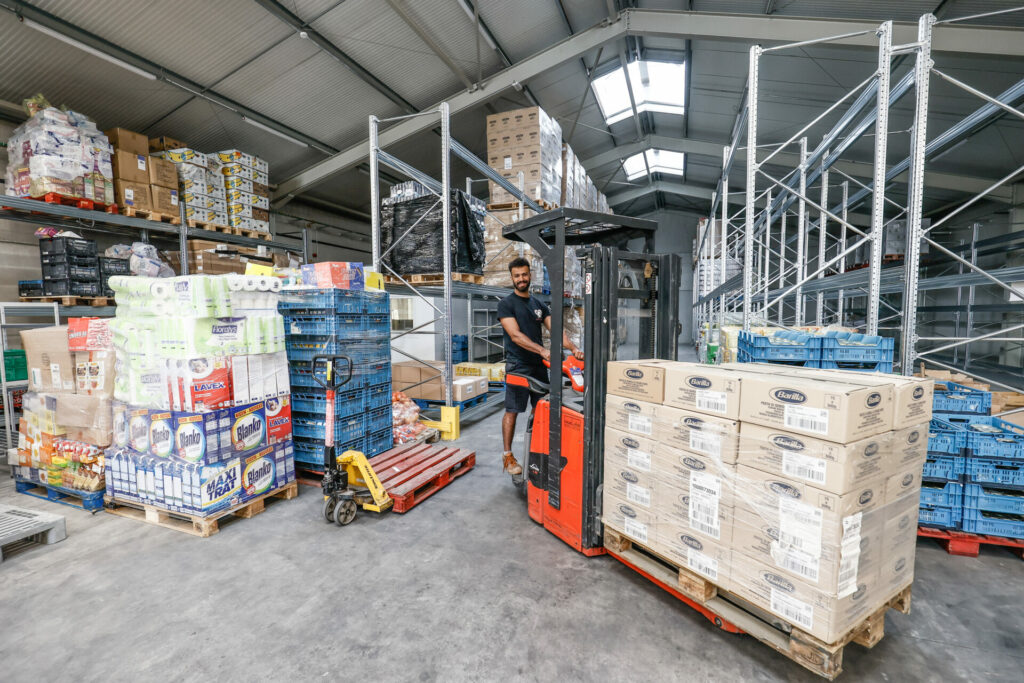Four in ten Belgian food companies would be unlikely to recover in the event of another economic shock, according to a study on the shock resistance of approximately 5,400 Belgian companies.
These figures come from a survey conducted at the request of Fevia, the Belgian food industry federation, and are mainly to due to the companies' reserves already being eaten up by the after effects of the pandemic, the war in Ukraine, as well as the rising costs of raw materials, energy and wages.
This follows an earlier survey conducted at the beginning of the summer which detailed that food companies had either not received an increase or too low an increase in the cost of products they sold to supermarkets.
According to Fevia, the current situation is such that even if supermarkets pay a higher price for their products, it would still not be enough to cover the full price increases that food companies have had to pay themselves.
Related News
- Sale of unhealthy food near schools under fire as childhood obesity rises
- SNCB hopes to offer collection points for fresh products
- Belgian retails sales slump in July
As a result, Fevia are calling on governing authorities to help food companies control and reduce energy costs, by introducing a system of temporary unemployment for economic reasons, as well as eliminate 'tax burdens' in order to manage labour costs.
Failing to do so would be "tantamount to culpable omission,” according to Bart Buysse, the federation's CEO.

